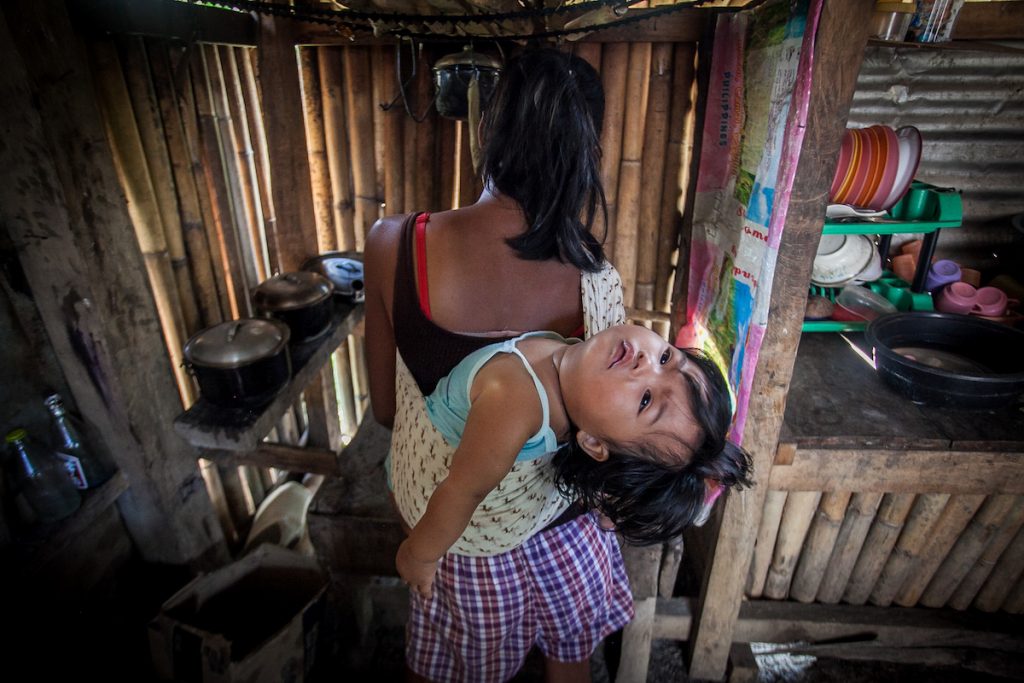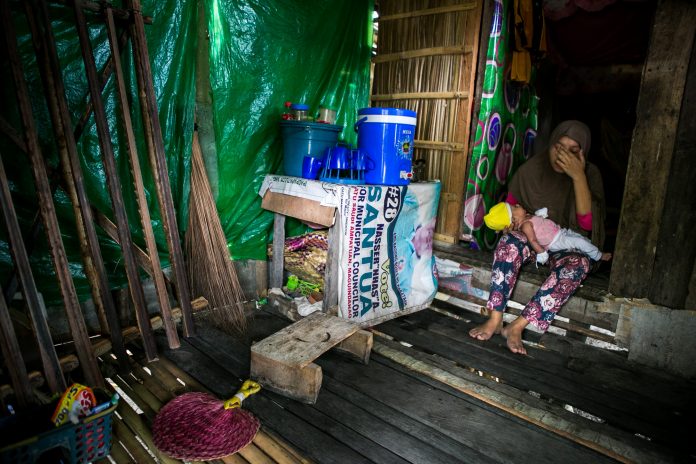The Episcopal Commission on Youth of the Catholic Bishops’ Conference of the Philippines welcomed the passage this week of a bill in the Senate declaring child marriage “illegal.”
“Marriage and raising a family are for adults as it is a serious responsibility,” said Bishop Rex Andrew Alarcon of Daet, head of the commission. “It is not for children,” he added.
The country’s senators voted unanimously on November 9 to pass a bill that seeks to end child marriages in the country.
The “Girls Not Brides Act” was filed by Senator Risa Hontiveros, chairperson of the Senate Committee on Women, Children, Family Relations and Gender Equality, in March this year.
“Today, we give our girls a chance to dream, a chance to define their futures according to their own terms, we defend their right to declare when they are ready to begin a family,” said Hontiveros in a statement after the Senate approved the measure.
The senator said the Philippines ranks as the 12th country with the highest number of children married under 18 years old estimated at 726,000 youngsters.
Under the bill, any person who arranges, facilitates, or officiates child marriages will face a prison sentence of up to 12 years and fines of up to 50,000 pesos or about US$1,000.
Department of Social Work and Development shall be the lead duty-bearer in the implementation of the law.
Bishop Alarcon said the move by legislators showed the resolve to “protect children and their dignity,” adding that “even our Church law stipulates marriage for adults.”
The prelate said the desire to protect children and the sanctity of marriage and family is “crucial” and “necessary” for the development of society.
“It is a sad reality that children, especially girls, are exploited and abused,” he said. “Society must protect the most vulnerable from those who exploit them,” said the prelate.
A 2019 survey by the international aid agency Oxfam for the Autonomous Region in Muslim Mindanao showed that 253, or 24 percent out of the 1,058 respondents, coming from the provinces of Lanao del Sur, Maguindanao, Basilan, Sulu and Tawi-Tawi were cases of child marriage, and 97 percent of them involved girls.
“While these reports are extremely troubling, they are not surprising. The risk of child, early and forced marriage increases in humanitarian settings,” said Oxfam country director Lot Felizco.
She said the COVID-19 crisis and its far-reaching impacts “underscore further why measures to protect the girl child must be prioritized.”

Apart from the “Girls Not Brides Act,” three other bills were filed in the House of Representatives seeking to penalize facilitators of child marriage and create mechanisms to transform harmful attitudes and stereotypes underpinning violence against young girls.
“We need to bring this measure to the finish line. Once enacted into law, this landmark legislation will help protect the rights of young girls, defend them from different forms of abuse, and allow them to flourish and live to their fullest potentials,” said Oxfam’s Felizco.
If enacted into law, the measure will address the prevalence of child marriage in the Philippines, where one in six Filipino girls get married before reaching the age of 18.
Despite laws setting the minimum age for marriage at 18 years old, child marriage happens in the country for various reasons: the Code of Muslim Personal Laws allowing parents to marry off their children at puberty, cultural tradition among communities, and poverty and lack of education, among others.
On the other hand, co-habitation among children is also often practiced as a result of early pregnancy.
Child marriage exposes children, particularly girls, to many and sometimes life-long and irreversible negative health and development impacts.
According to the Philippine Statistics Authority, marriage and family matters is the top reason for girls dropping out of school, while pregnancy- and childbirth-related complications among young mothers account for 22 percent of all maternal deaths in the country.
Early pregnancy also has negative consequences for the health and survival of the child of the young mother.









